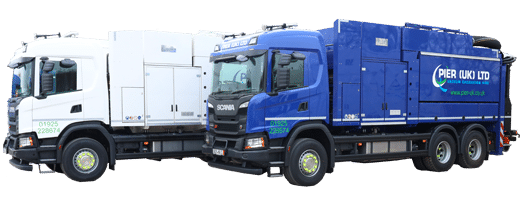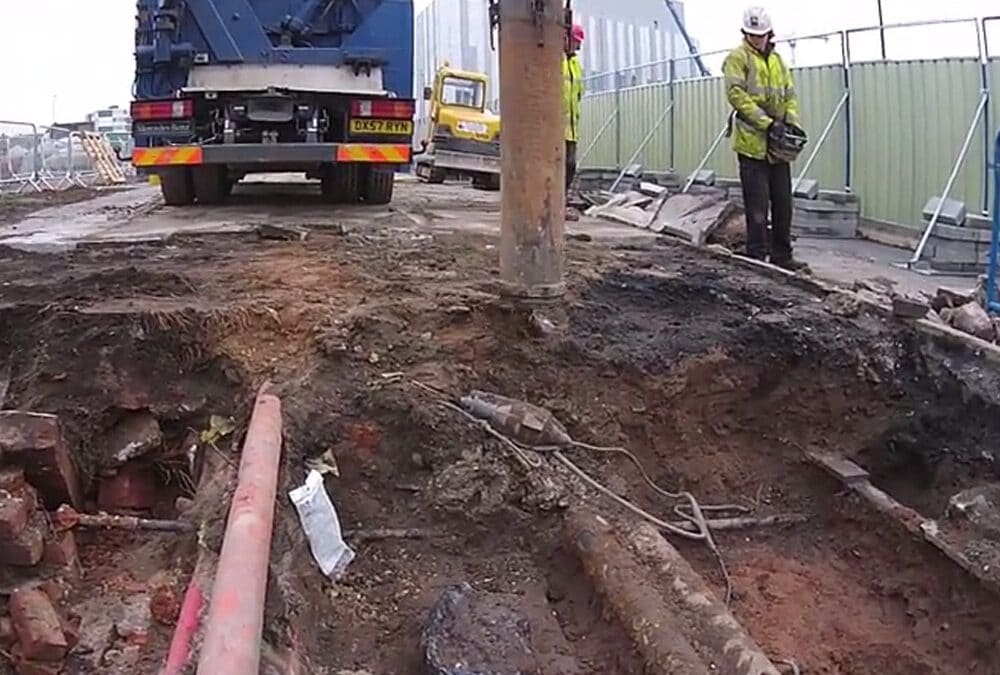Service strikes risk a delay in project completion, add on additional costs and can have a negative impact on your customers as well as other contractors. The PIER (UK) team have taken a look at the possible cost implications of a service strike and have investigated the typical cost of alternative excavation methods.
The key risk factors are:
- Investigation Costs
- Personal Safety
- Repair Costs
- Reputation
- Time
On-site management will need to assess the impact in which the delay will have on the overall project plan and consider the following:
- Could a service strike cause personal injury to your colleagues?
- Will any further on-site activities be delayed?
- Will the contractors need to be rebooked for a later date? Will they be available?
- Will any delays in completing the excavation stage affect the final completion date?
- What additional costs will need to be allocated to repairing the damage?
- Will these unplanned costs send you over budget? If so, will this have an affect on your profit margin?
- Will the incident damage your customer’s opinion of your business and technical ability?
What are the options?
The alternatives to mechanical excavation in order to avoid potential service strikes are hand excavation or Vacuum Excavation. But what are the cost comparisons?
Hand Excavation:
- On average, 1 worker would excavate 2 cubic metres per day (depending on the material).
- The average cost of a work is £150 per day.
- The cost per cubic metre is £75
Vacuum Excavation:
- A Vacuum Excavator has the ability to remove up to 25 cubic metre per day (depending on the material).
- The average cost of hiring a Vac-Ex including 1 operator is £1,100 per day.
- Cost per cubic metre is £44
What is Vacuum Excavation, how does it work and what are the benefits?
Vacuum Excavation is a modern excavation technique that has grown very popular over the last decade. A high-powered truck with its own extendable suction arm is used to expose the buried services underground. Due to its remote-control capabilities, the operator is able to excavate the ground quickly, efficiently and safely without the need for any manual digging. The debris is then deposited into the inbuilt chamber in the body of the truck.
The two main benefits of Vacuum Excavation are:
- Reduced manual operation: With its extended reach and attachments, the Vacuum Excavator equipment means that even the hardest to reach services no longer require manual digging. The remote-control operation ensures that the work can be carried out safely, at a distance with minimal hand vibrations or risks to the operator.
- Cleaner excavation: The dust captured inside the tank, 42 air filters and less rubble build-up ensures a safe working environment for the on-site workers.
As the industry leaders in Vacuum Excavation, PIER (UK) will listen carefully to their customers’ requirements and provide a solution that is suitable for the job at hand.
You can contact our team on email or on 01925 228 674. Alternatively, you can view our latest projects on our Social Media platforms: Facebook, LinkedIn and Twitter.


